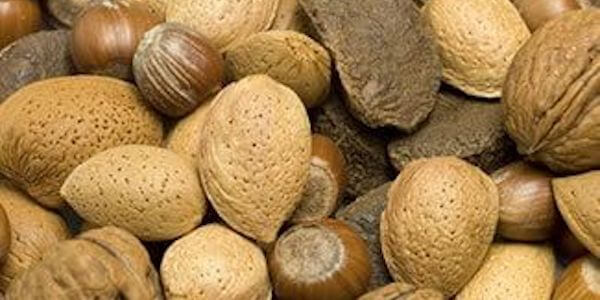In iodine supplementation, the mistake is made by thinking of iodine when restoring a healthy thyroid function but not to selenium.
We can not emphasize enough that iodine supplementation can never be seen separately (!) without an adequate addition of the right co-factors. Selenium is one of them and certainly not one of the least.
The enzyme 5′-deiodinase which ensures the conversion of the pro-hormone T4 to the biologically active T3 depends on adequate amounts of minerals, in particular iodine and selenium. If there is a shortage of selenium (relative to iodine), this enzyme will not function (optimally) and too few thyroid hormones will be produced.
In addition or better, selenium plays an essential role in the thyroid gland itself. The iodide ion that is absorbed in the cells of the thyroid gland undergoes an oxidation process and is thus converted to iodine. This oxidation process takes place through the interaction between H2O2 (hydrogen peroxide) with Thyroid Peroxidase (TPO). This step is physiologically very important. Disruptions in the oxidation of iodide can result in the production of anti-TPO antibodies.
Sufficient H2O2 production is therefore essential for the iodine metabolism in the thyroid gland. But it is a substance that can cause oxidation stress. It is therefore of great importance that the oxidative activity of H2O2 is kept under control, otherwise the oxidative stress may lead to damage to the thyroid tissue and autoimmune diseases of the thyroid gland such as Hashimoto may arise. This controlling action is mainly carried out by the selenium-dependent enzyme Glutathione peroxidase.






